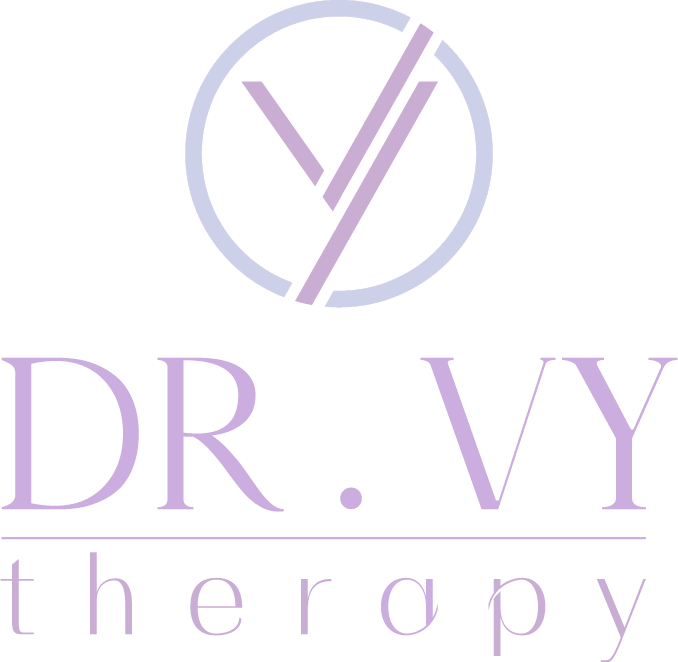What to Look for in a Therapist
Choosing a therapist can be daunting and tiresome, especially after reading through so many profiles that may sound similar. Check out this list to help you make an informed decision on your therapist.
Different Personalities - As with all people, therapists have different personalities and styles that may/may not work for you. It’s important that you feel connected with your therapist on a human level. Give a therapist 4 sessions to decide whether it’s a good fit for you. If it takes a few tries to find a therapist that you vibe with, that’s okay! You will know if you feel comfortable and seen.
Trust - Feeling comfortable sharing your most vulnerable self with is important. You may have been hurt in past relationships which had resulted in mistrust with people. Therefore, your therapist must work to help regain a sense of trust.
Preferences - It is useful to know what your preferences are in therapy. Do you want more structure and guidance? Do you like homework or do you despise them? Do you like having a space to process emotions and share your experiences freely without interruptions? How much feedback do you prefer? Do you like someone who can challenge and redirect you? Communicate those preferences to your therapist.
Cultural Humility & Multicultural Counseling Competence: You are a human with a complex background, history, identities, story, and intersecting parts. It is essential that your therapist is able to work with you and understand you by continuously learning these facets. Your therapist should not stereotype you into a box based on a characteristic, rather explore what makes you, you. They should incorporate these parts into the work to deepen therapeutic change.
Specialty - It could be helpful to look for therapists who are trained in areas that you’re dealing with. Therapy approaches can vastly differ across therapists regardless of the theoretical orientation they practice from. Therefore, it is helpful to ask your therapist how they function and what therapy looks like with them. For example, a therapist who specializes in children with eating disorders may not be as helpful for you if your presenting concerns are processing a traumatic adult relationship.
Client-Centered - You are important. Therefore, your therapist should make sure you feel safe and secure in the relationship. They must remain focused on your individual needs, goals, and experiences to ensure you are getting what you are wanting out of therapy.
Non-Judgmental - Have you ever experienced judgment from others? It can cause you to shut down immediately. In the therapy space, feeling judged by your therapist can cause a hindrance to your progress. Therefore, finding a therapist where you don’t feel judged or dismissed is important in your growth.
Healthy Boundaries - A therapist that demonstrates healthy boundaries with you will hopefully be able to provide the best care you deserve. If you feel like your therapist is often distracted, pushing their own agenda, or trying to make the session about themselves, you may find therapy not as helpful and even harmful.
Ethical - Make sure your therapist is practicing ethically and legally. Psychologists are held to extremely high standards. An example would be not having a romantic/platonic/sexual/professional relationship with a client or not harming the client by using their authority to enforce their own values onto you. You have the rights to dignity, autonomy, justice, and integrity.
Responsive - Therapists are humans, too. So, we are bound to make mistakes or misses. However, it is about how they respond and react when those mistakes occur. Do they communicate with you in an appropriate way? Do they let you know in advance about any time off? Are they making sure your needs are met?
